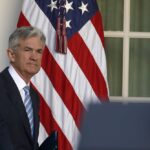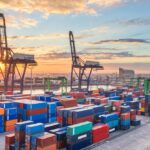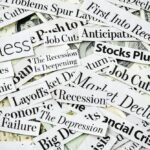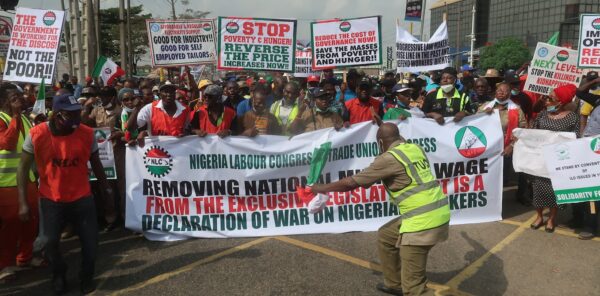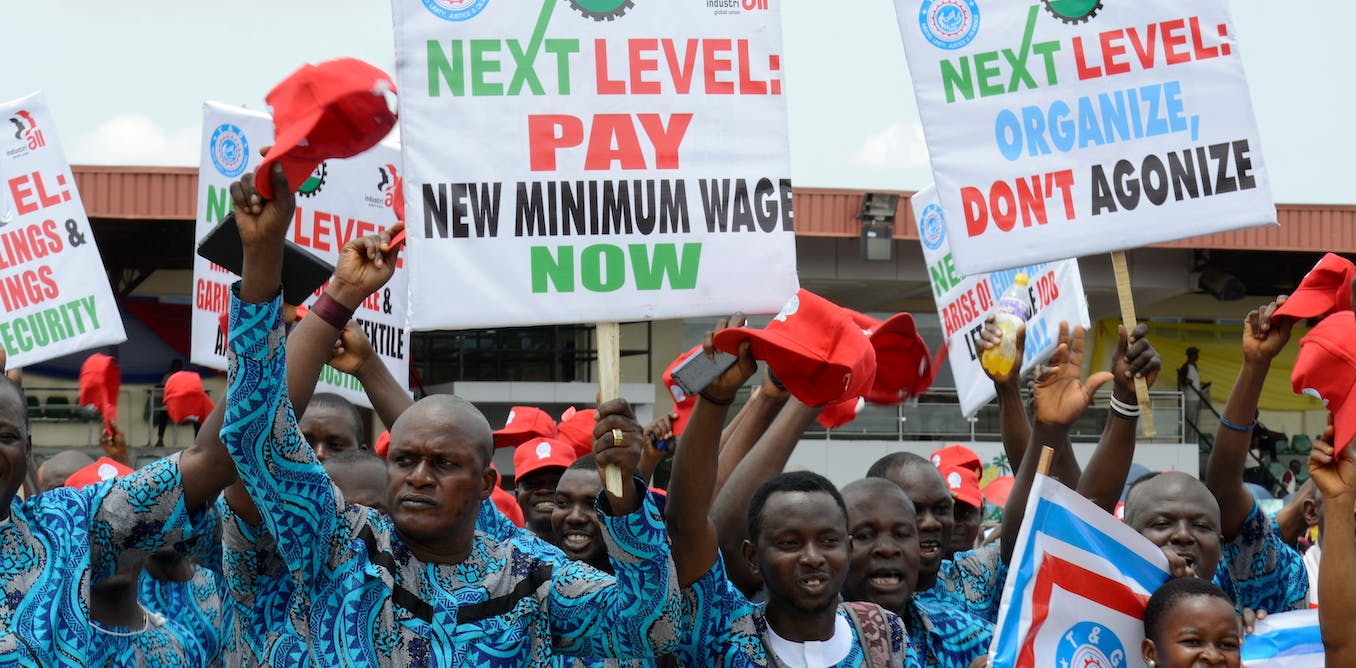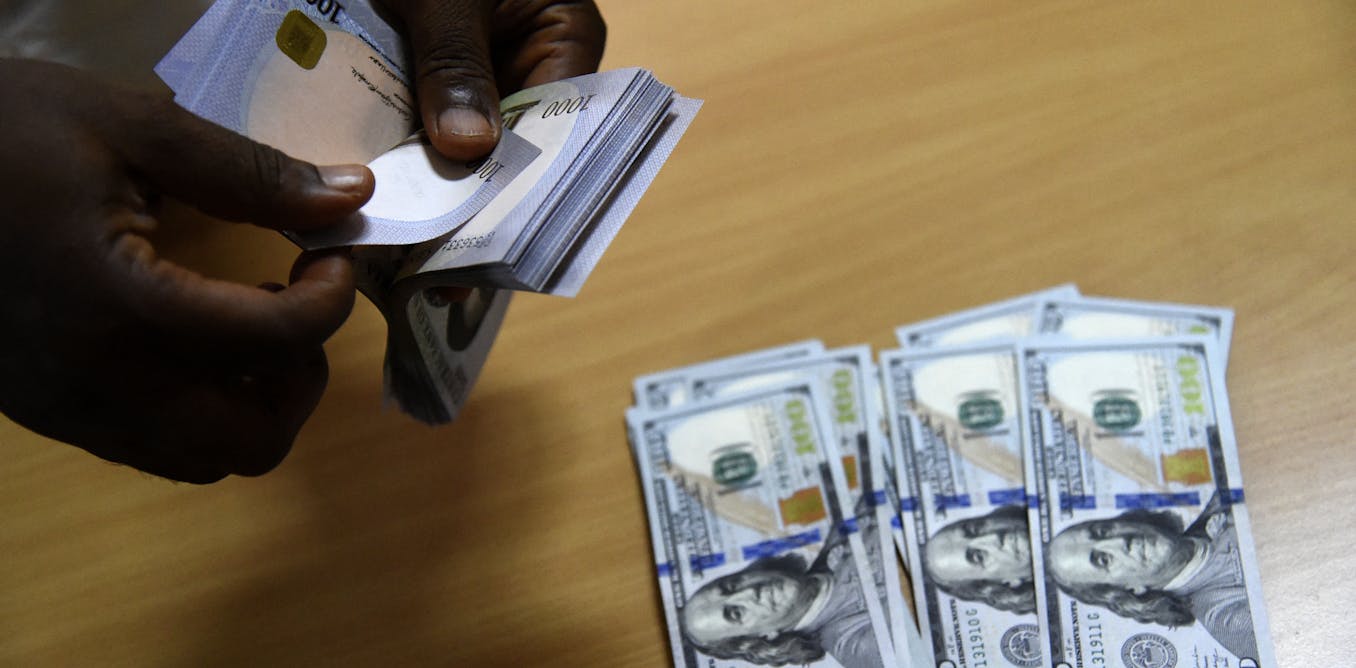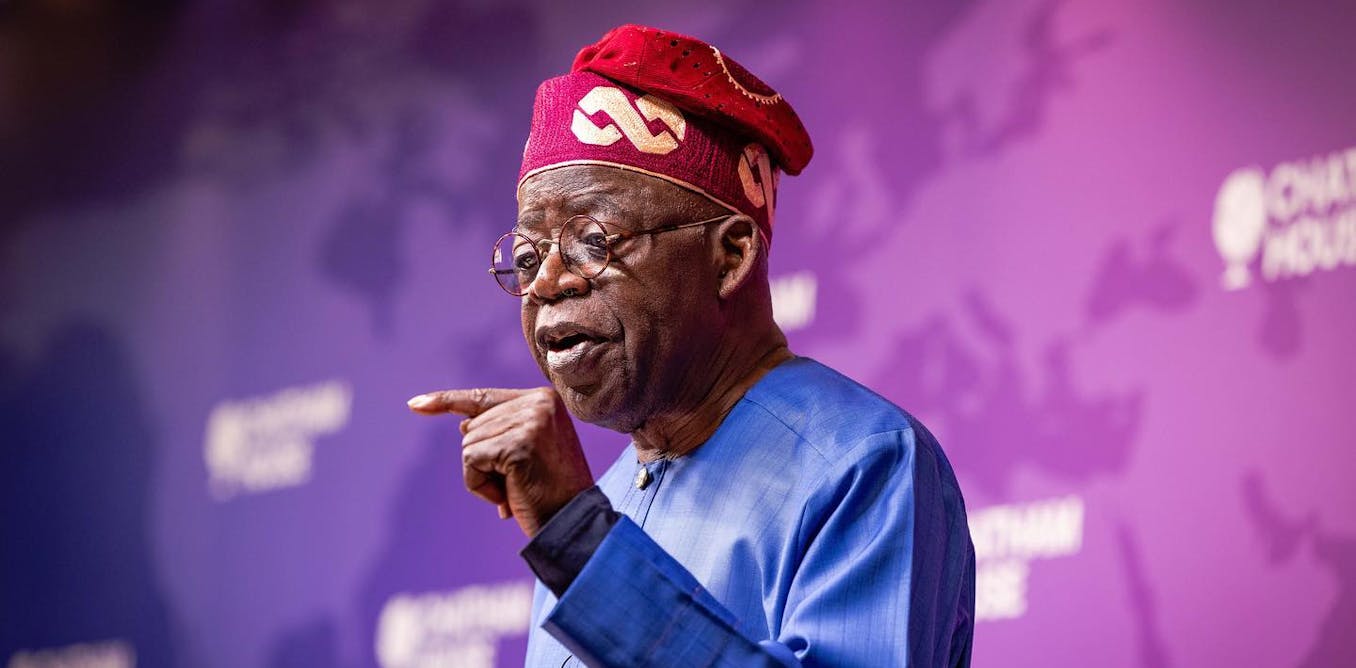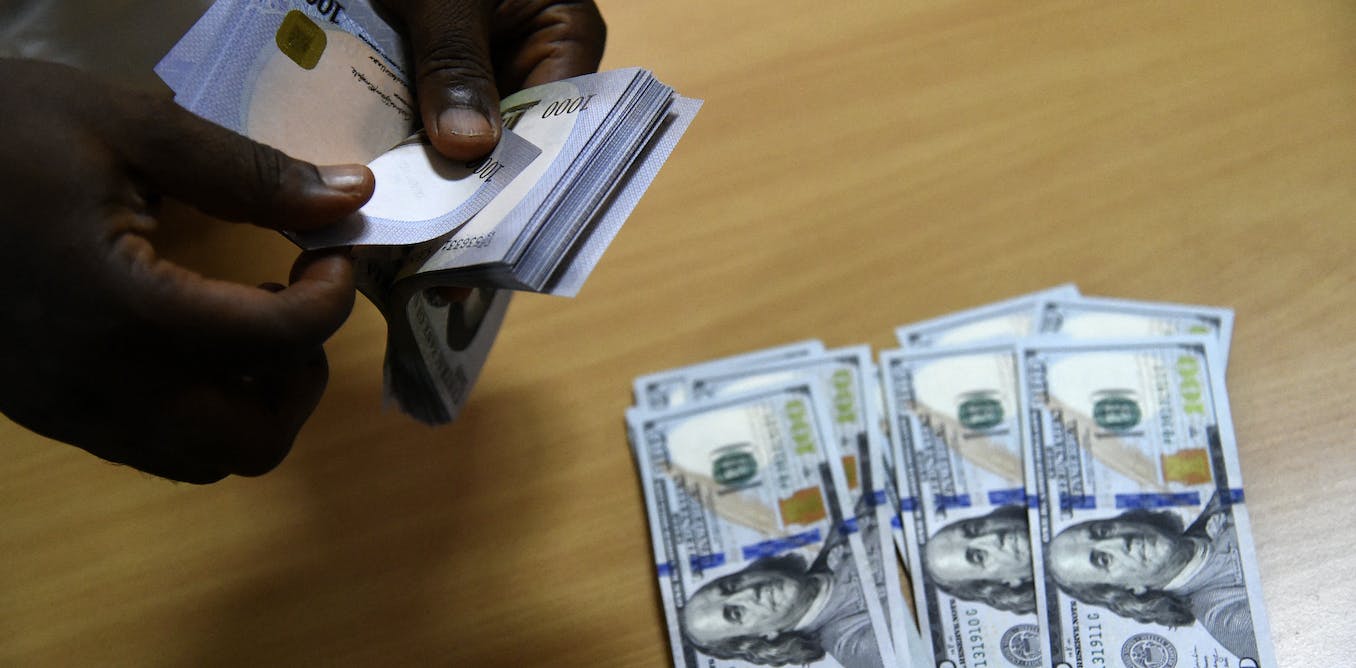Wages have become the top issue for Nigeria’s organised labour movements in the past year. Reacting to recent increases in the cost of living, the labour movement has been calling for an upward review of the national minimum wage, currently N30,000 (US$24) a month. The Conversation’s Adejuwon Soyinka asks economics professor Stephen Onyeiwu if Nigeria’s […]
why a gradual approach would have been better
Nigeria removed fuel subsidies entirely in May 2023. This came as a surprise because of the political risks associated with subsidy removal. Previous administrations were reluctant to jettison the subsidies. The subsidies had been in place since the 1970s, when the government sold petrol to Nigerians at a price below cost – though most consumers […]
A gloomy May Day awaits Nigerian workers
Imagine you live alone and walk into a local food market in Lagos, the Nigerian commercial capital, to buy a week’s worth of basic food items. In less than 15 minutes, you would find that you’ve spent at least 10,000 Naira (or US$24 at the official exchange rate of US$1 = 416 Naira). This may […]
Nigeria’s new foreign exchange policy is good news
The Central Bank of Nigeria recently announced changes to the way the country’s foreign exchange market will work. Foreign currencies can now be bought and sold at rates determined by the market – not by the central bank. This signals the intention of the Bola Ahmed Tinubu administration to allow market forces to determine the […]
Tinubu inherits Nigeria’s high debt – an economist analyses what this means for the country’s future
As the 16th president of Nigeria, Bola Ahmed Tinubu inherits an economy that is grappling with inflation, chronic unemployment, extreme poverty, crumbling infrastructure and insecurity. Nigeria’s debt profile stands out among these problems like a sore thumb. The country’s external debt stock – what it owes non-residents – was US$41.69 billion in 2022. Multilateral lenders […]
Nigeria’s debt is sustainable, but dangers loom on the horizon
The World Bank recently ranked Nigeria fifth on the list of 10 countries to which it has the highest debt exposure. Nigeria owes the International Development Association – one of the two lending arms of the World Bank – US$11.7 billion. The International Development Association lends to countries based on their relative poverty or per […]

